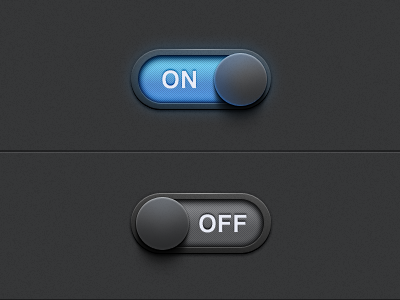(reflections those things that happen to us when you learn to dance kizomba & urban kiz)
When we start dancing (any discipline), there is a switch in our head that turns on and you
makes you feel and interpret music in a different way.
And I don’t mean that we suddenly look like we’ve left the conservatory. I’m talking about going to do the
shopping, a little music playing in the background while you go with the cart, and your feet and hips start to go for your
account. Your brain stops sending information like: “move your right foot, then your left foot, then your right foot, then your left foot, no
stumble, walk and look for the yogurt aisle,” and is secretly associated with melodies and sounds that you
submit to the “one, two, cha cha cha, wave, moonwalk and twist”. And without eating or drinking, the stocker of the
aisle three ends up making you a movie cambre!!! (well, that hasn’t happened to me yet, but I’m relying on
to happen someday).
Before all this, I used to go to discos and dance to the floor with my friends (no matter what was playing).
But now, a bachata is playing, and even though it’s not my thing, my eyes are desperately searching for a person.
who is doing the basic steps to engage him/her.
But I have to warn you of something beforehand; you should know that when the switch is activated,
demystify movies like Dirty Dancing. When you discover that those super dances are nothing more than steps.
basic of different disciplines, elegant glitter clothes and sexual tension.
We can also talk about benefits such as: strengthening of muscles, bones, strength, balance…
The brutal impact on mental health by decreasing cortisol (linked to stress, depression and anxiety),
and releasing hormones such as dopamine, endorphin, serotonin and other “-ins”. Improving the quality of
life, sleep, activity, self-esteem, social and emotional health.
At this point, there are many unknowns, and among them, I will point out a few that my mind realized
before taking part:
- What if I learned to dance?
- If I go unaccompanied, will they think I have no friends? / Will I be able to make friends at the dance?
- And then, where am I going to dance?
- Why do they tell me I have to go out dancing at a social, and what is this social?
- How am I going to find out where to dance if I only know about normal discotheques?
- How am I going to ask people to dance if I don’t know anything? Do I have to order it?
- Why do dancers wear special shoes, do I need special shoes?
- How do I identify aggression in the dance, is it overdoing it or is it just dancing like that?
ALL questions have answers. And they begin to be deciphered when we start learning to dance. Kizmba or any other dance.

